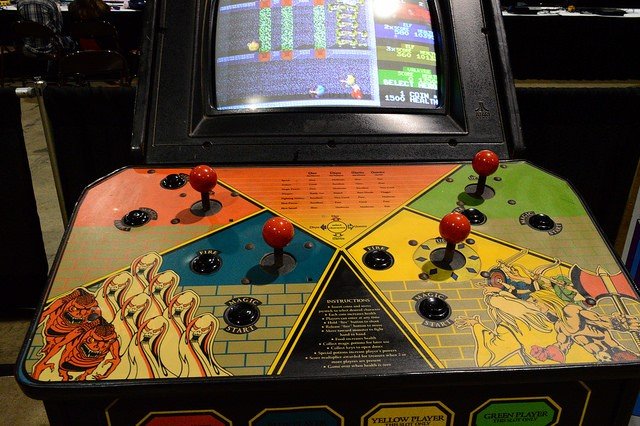Games and education have grown increasingly entwined in the 21st century. Teachers are finding creative and often inventive ways to introduce games in their curriculums, making it more common for games like Civilization V or Minecraft to make an appearance in the classroom.
Earlier this year, Arizona State University announced a series of story-based leadership games as part of their Environmental Science program. These games were created in part to increase adult student engagement and to teach critical thinking skills necessary to thrive after college.
Video Games Aren’t Just a Hobby
There’s substantial evidence that video games can also aid in learning complex behavioral skills like conscientiousness, conflict resolution, and empathy. These are life-long lessons that apply to a variety of future career options, including game production itself. The University of Southern California notes this in their guide to getting a job in the video game industry.
“Video game writers need a firm command of language and an ear for natural-sounding dialogue. They also need strong interpersonal communication skills because video game writers must work with developers, designers, and others to make sure every element of a game comes together to form a cohesive final product.”
As a child of the ‘90s, I was exposed to many early attempts at educational games. One of my personal favorites was Logical Journey of the Zoombinis, a family-friendly adventure filled with deductive reasoning puzzles. I was home-schooled at the time, and it provided a much needed break from my regular book-based curriculum. Yet more than this, these games provided me with real educational value in subjects I was passionate about.
An Education in Warfare
In the fall of 1999 my father brought home the Age of Empires: Gold Edition box set from Sam’s Club. Though drastically different than Zoombinis, this game too became part of my education. Age of Empires is a historical strategy game that allows you to take control of a variety of different cultures and lead them through historical and myth-based scenarios.
I always possessed a healthy fascination with history, and particularly enjoyed delving into accounts of ancient civilizations. The game was combined with my history lesson plans, and formed the foundation of my introduction to Eastern Mediterranean, Mesopotamian, and Asian Cultures.
The beginning of each campaign mission is prefaced with historical narrative to give your objectives context. While not strictly educational, the game provided the freedom to interact with history. It was one thing to read about Julius Caesar’s rise to power and eventual death, and another to actually play through it. This was one way that I was introduced to the Battle of Alesia, the rivalry between Caesar and Pompey, and the Battle of Actium.
We would read and learn about these campaigns and battles from the history books, and then I would take part by fighting them myself in Age of Empires. The ability to interact with history was an experience unique to gaming and it reinforced what I was learning.
Video Games Make Learning Accessible
Even in public school, I eagerly looked forward to time spent in the computer lab. The marriage of education and gaming was a revelation to me, and it shaped my interests and hobbies.
Educational video games represent one tool in the vast toolbox of learning. They excel in introducing complex topics in an easy to understand and intuitive format, making them solid choices for students of all ages and interests. These have the potential to enhance learning, provide an outlet for creativity, and pave the way for future generations to succeed.


